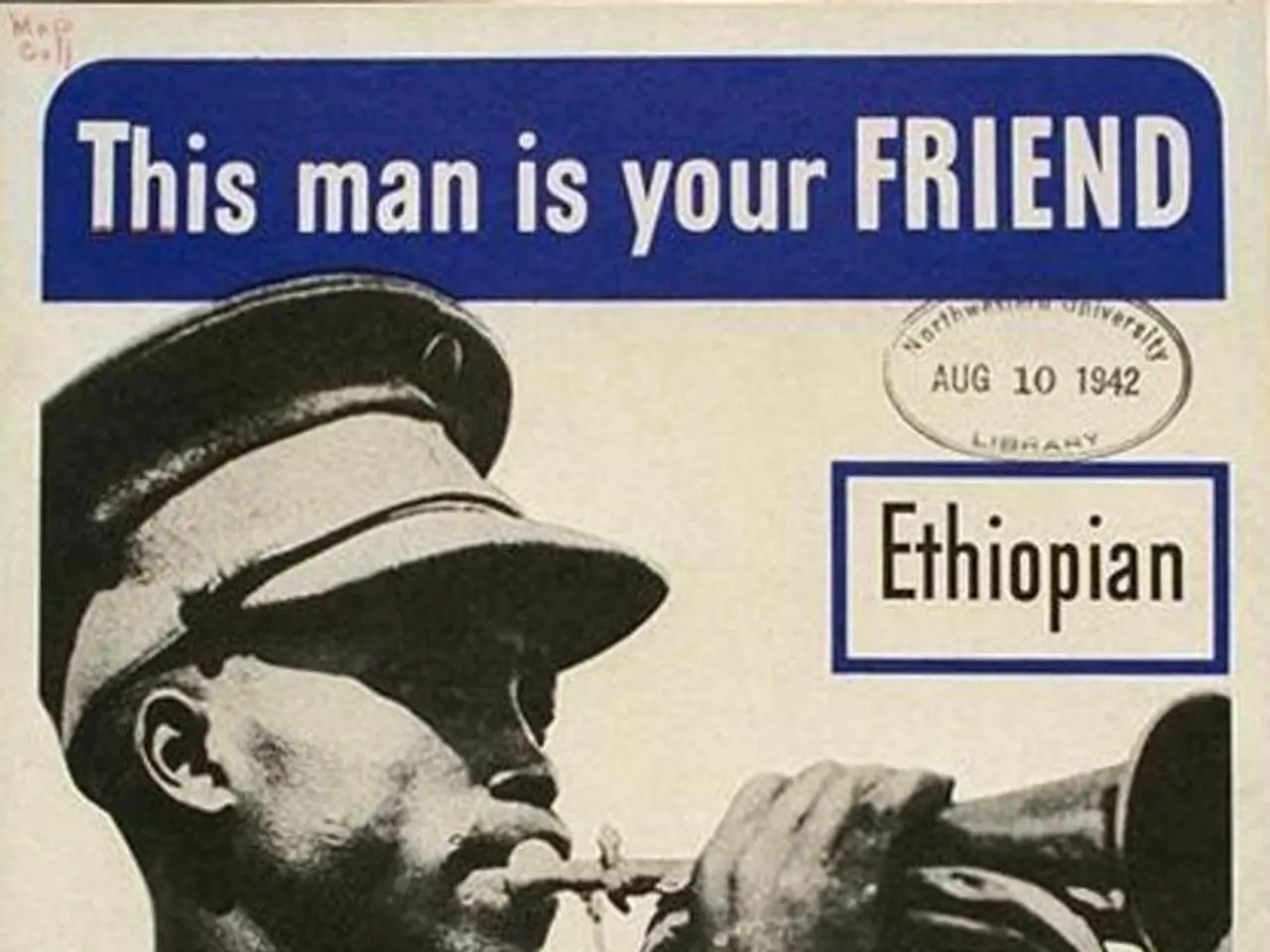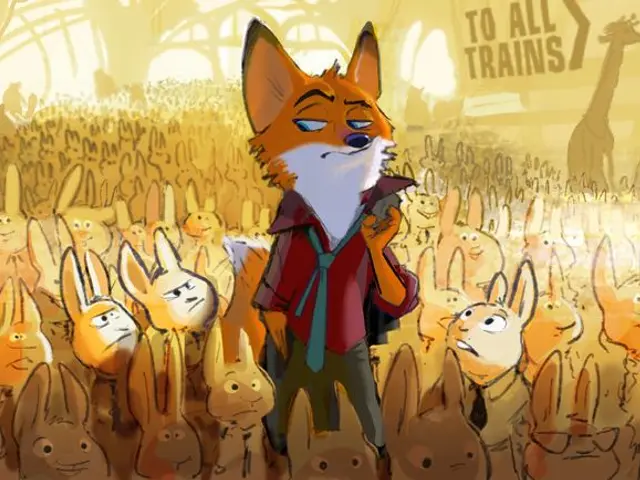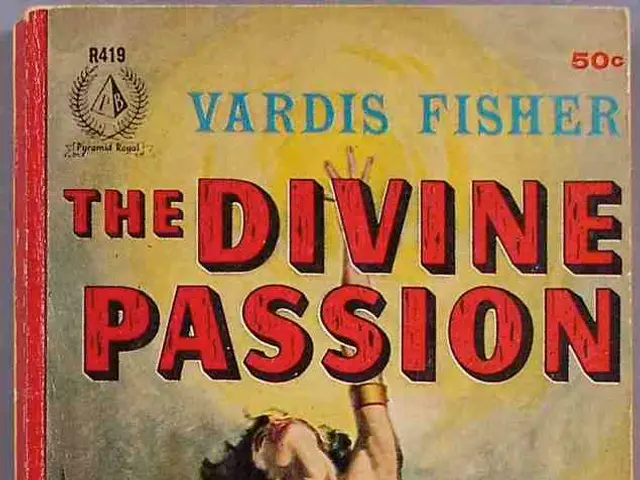Political Analysis of V for Vendetta: In-Depth Examination
In the pages of Alan Moore's graphic novel, V for Vendetta, we find a gripping narrative that echoes the darkest chapters of history and serves as a stark warning for the future. The story, set in a dystopian Britain, is heavily influenced by totalitarian regimes, particularly Nazi Germany and Orwellian surveillance states.
The totalitarian government in V for Vendetta bears striking resemblances to the Third Reich, with its racial purism and state propaganda. However, instead of persecuting Jews, minorities in this world are targeted, often Asians and Muslims. Surveillance culture, akin to that depicted in George Orwell's Nineteen Eighty-Four, is also prevalent, with constant monitoring via closed-circuit television and the omnipresence of the leader's image, reflecting the omnipotent "Big Brother."
The character "V," donning a Guy Fawkes mask, symbolizes resistance rooted in historical rebellion against tyranny. V's personal vendetta is a broader critique of fascist control and societal complacency. He embodies the enduring spirit of rebellion against oppression in contemporary society.
V's acts of defiance and sabotage challenge the regime's authority and inspire others to question and oppose the status quo. The Guy Fawkes mask, initially a symbol of a past resistance, has been widely adopted by activists and hacker groups like Anonymous, underscoring the story's powerful commentary on surveillance, authority, and individual freedom.
The narrative of V for Vendetta also mirrors the social unrest and authoritarian control seen during its creation, reflecting the rise of Margaret Thatcher's Conservative government in the United Kingdom in the 1980s. Moore's writing style and thematic approach were also influenced by British comic traditions known for social and political commentary, such as the British comic anthology 2000 AD and writers like Pat Mills and John Wagner.
V's hideout, the Shadow Gallery, represents the preservation of culture and intellectual freedom in the face of censorship. The theme of resistance is vividly illustrated through V's fight against the oppressive state, symbolizing the power of unity in the face of authoritarianism. The omnipresent monitoring in the novel mirrors current debates over privacy rights in the digital age, serving as a cautionary tale of unchecked power.
Red roses, frequently used by V, symbolize both beauty and the transience of life, hinting at the sacrifices required for freedom. In the end, V for Vendetta interweaves historical totalitarian iconography and tactics with literary influences such as Orwell's dystopia and British politically aware comic writing, shaping a narrative about the fight against authoritarian control through subversion, individual courage, and ideological awakening.
Read also:
- Today's most impactful photographic moments
- Support for Eric Adams in The Post's Letters to the Editor on August 13, 2025
- Roosting Shark and Rambunctious Red Squirrels: Unconventional House Rental in Yorkshire Involving Aquatic Marvel, Squirrely Mayhem, and Mystical Planning Regulations
- Legal Dispute Dismissed with Humor: Supreme Court Laughs off Another Civil Matter Mislabeled as Criminal Prosecution








